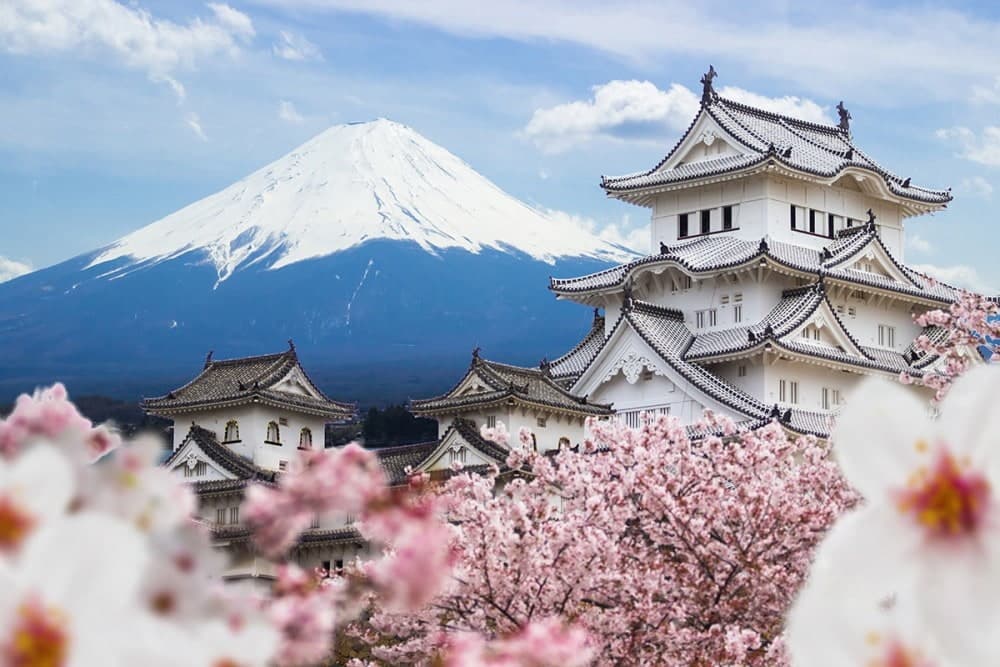Table of Contents
Japan: A Harmonious Blend of Modern and Traditional Culture


Japan, a country renowned for its ancient culture and rich national heritage, consistently captures the attention of people around the world. The harmonious blend of modern and traditional culture creates the unique characteristics of the Land of the Rising Sun.
Despite facing significant challenges such as the devastation from World War II and natural disasters, Japan has continually strived to recover and develop. Today, it has become one of the leading industrial powers in the world. This achievement could not have been reached without the influence of Japanese culture—a crucial factor in driving the country's progress.

Visitors to Japan are sure to be impressed by the distinctive cultural traits found here:
Japan stands out for its seamless integration of traditional and modern culture, creating a unique and rich cultural heritage. Opinions about Japanese culture agree that the country's development results from a culture that continuously evolves while taking pride in its national identity.

In communication, Japanese people place great emphasis on etiquette and manners. The greeting ritual is an important part of communication, with the type of bow depending on social status and the relationship between individuals.
 It is impossible not to mention the distinctive festivals and customs of Japan, which contribute to a culturally rich heritage. Despite being influenced by various cultures, Japan has maintained its unique traditional identity.
It is impossible not to mention the distinctive festivals and customs of Japan, which contribute to a culturally rich heritage. Despite being influenced by various cultures, Japan has maintained its unique traditional identity.
Japanese culture is not only a legacy from the past but also a process of assimilation, innovation, and preservation of national identity. Japan has always managed to blend the essence of modernity with tradition, making its culture more unique and captivating than ever.